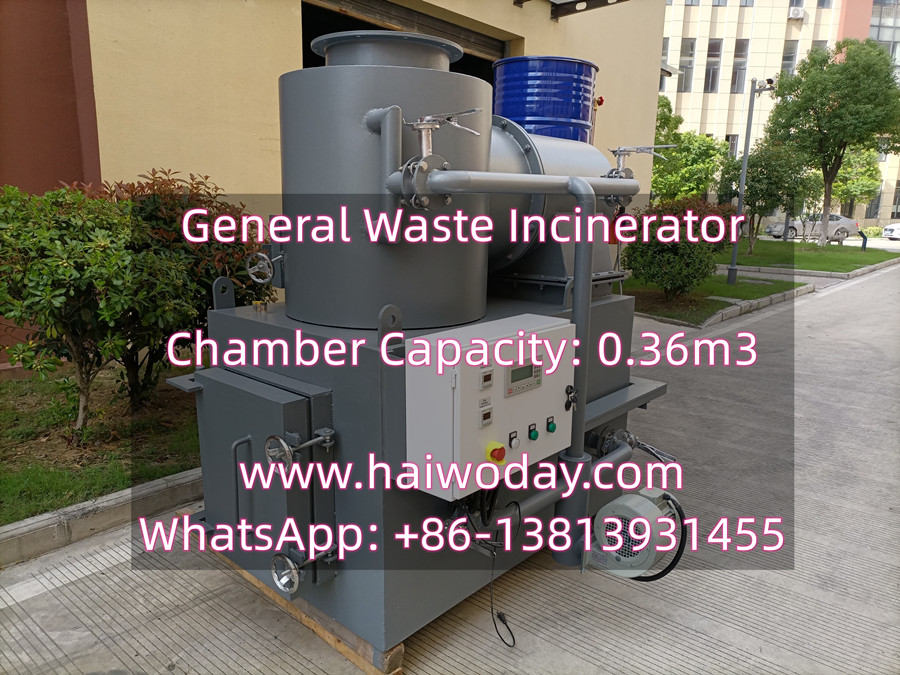Medical waste management is a critical issue in Kenya, with the country generating approximately 21,000 tons of medical waste each year. Improper disposal of medical waste can lead to serious environmental and health risks, as it may contain infectious materials, toxic chemicals, and pharmaceuticals. However, there are sustainable solutions available for medical waste management that prioritize recycling and proper disposal techniques. From disposal to recycling, these solutions are crucial for protecting the environment and the health of the public.
One of the main challenges in medical waste management in Kenya is the lack of proper infrastructure and resources. Many healthcare facilities do not have the necessary equipment or training to handle medical waste properly. As a result, a significant portion of medical waste is disposed of in open dumps, putting waste pickers and the public at risk of exposure to hazardous materials.
To address this issue, sustainable solutions for medical waste management in Kenya are needed. One such solution is the implementation of waste segregation and proper disposal techniques in healthcare facilities. This involves separating different types of medical waste at the source and using specialized containers for storage and transportation. By doing so, it reduces the risk of cross-contamination and ensures that hazardous materials are handled and disposed of appropriately.
Another important aspect of sustainable medical waste management is the adoption of recycling practices. Recycling medical waste can help reduce the volume of waste that needs to be disposed of in landfills or incinerated. For example, certain types of medical waste, such as plastics and glass, can be recycled into new products, reducing the environmental impact of medical waste disposal.
In addition to recycling, technologies such as autoclaving and microwaving can be used to disinfect and sterilize medical waste before it is disposed of. These methods are effective in killing pathogens and reducing the risk of contamination, making them a sustainable alternative to traditional incineration.
Furthermore, sustainable waste management practices can create economic opportunities for local communities. For example, waste pickers can be trained to safely collect, sort, and recycle medical waste, providing them with a source of income while also reducing the environmental impact of improper waste disposal.
The government also has a critical role to play in addressing the issue of medical waste management in Kenya. It can support sustainable solutions by implementing regulations and guidelines for healthcare facilities, providing funding for the development of infrastructure, and promoting public awareness and education on proper waste management practices.
Ultimately, sustainable medical waste management is crucial for protecting the environment and public health in Kenya. By prioritizing waste segregation, recycling, and proper disposal techniques, healthcare facilities can reduce their environmental impact and contribute to a healthier, more sustainable future for the country. It is essential for all stakeholders, including the government, healthcare facilities, and the public, to work together to implement and support sustainable solutions for medical waste management in Kenya.



